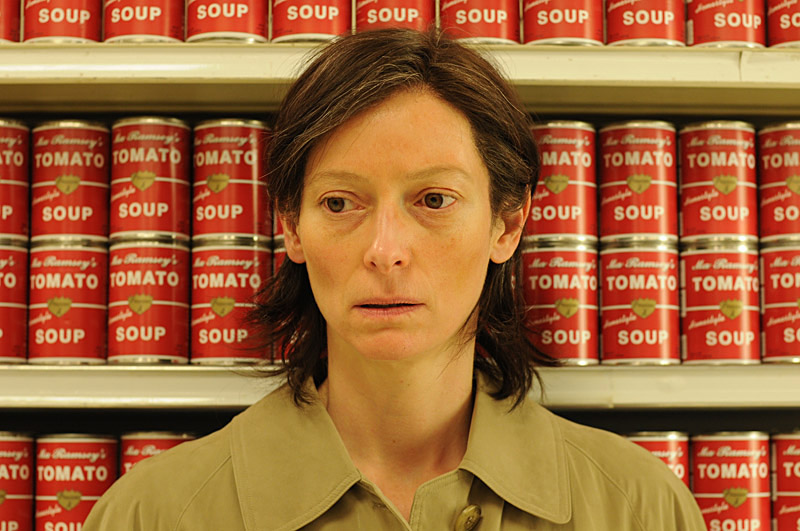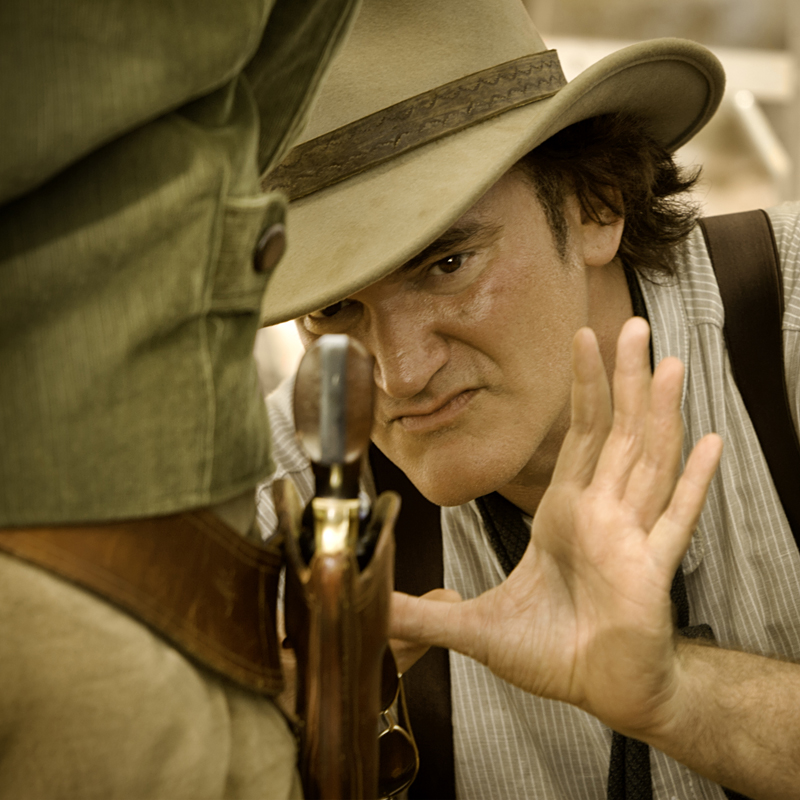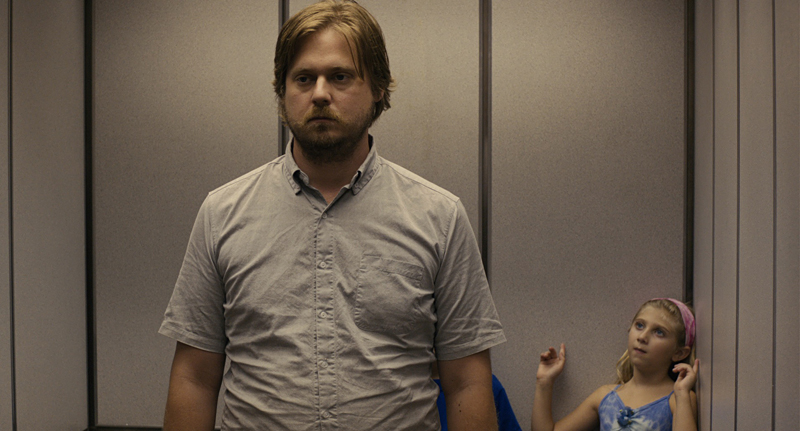In Lynne Ramsay’s adaptation of Lionel Shriver’s 2003 novel, Tilda Swinton lives out an urban bohemian’s worst nightmare. Forced to give up her independence (and downtown loft) when a reckless night results in accidental pregnancy, free spirit Eva becomes an unhappy housewife in suburbia, stuck caring for a kid with whom she’s unable to bond. Baby Kevin is a terror, but Eva isn’t exactly a model parent, either. She makes little effort to hide her resentment, cooing “Mommy was happy before Kevin came along” to her toddler’s face. Later, when Kevin tries to force Eva to mother him by refusing to potty-train, she teaches him violence by example. He’s a sharp study: On the eve of his 16th birthday, Kevin (Ezra Miller) masterminds a mass execution at his high school. The movie’s present day is roughly two years after the massacre, with Kevin in prison and Eva a drug-addled shut-in haunted by visions of what Kevin did and of scenes from his childhood that she fears led him to do it. The film is essentially constructed as a long, associative montage, flowing backward and forward in time at varying speeds. But late in the film, Ramsay slows into a more conventional style, fleshing out incidents we previously saw as flashes, making excessively explicit what she had already suggested, and building to an anticlimactic “reveal.” By treating Kevin’s evil as a mystery to be solved, Ramsay only succeeds in making what was once allusive banal.
We Need to Talk About Kevin: Tilda Swinton Has Mommy Problems








